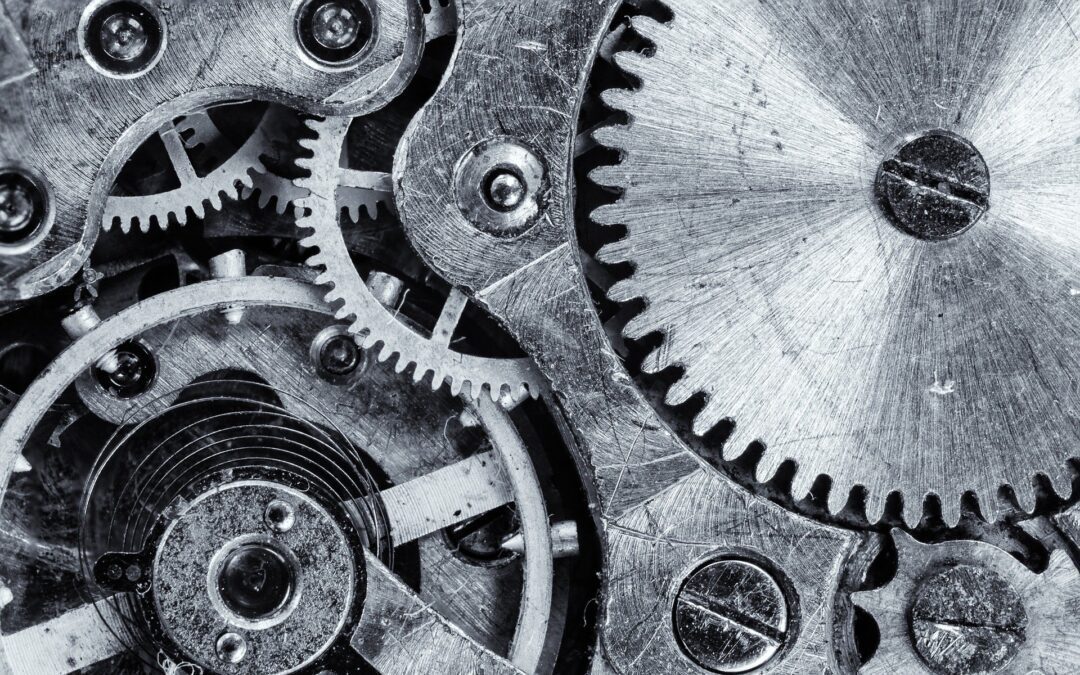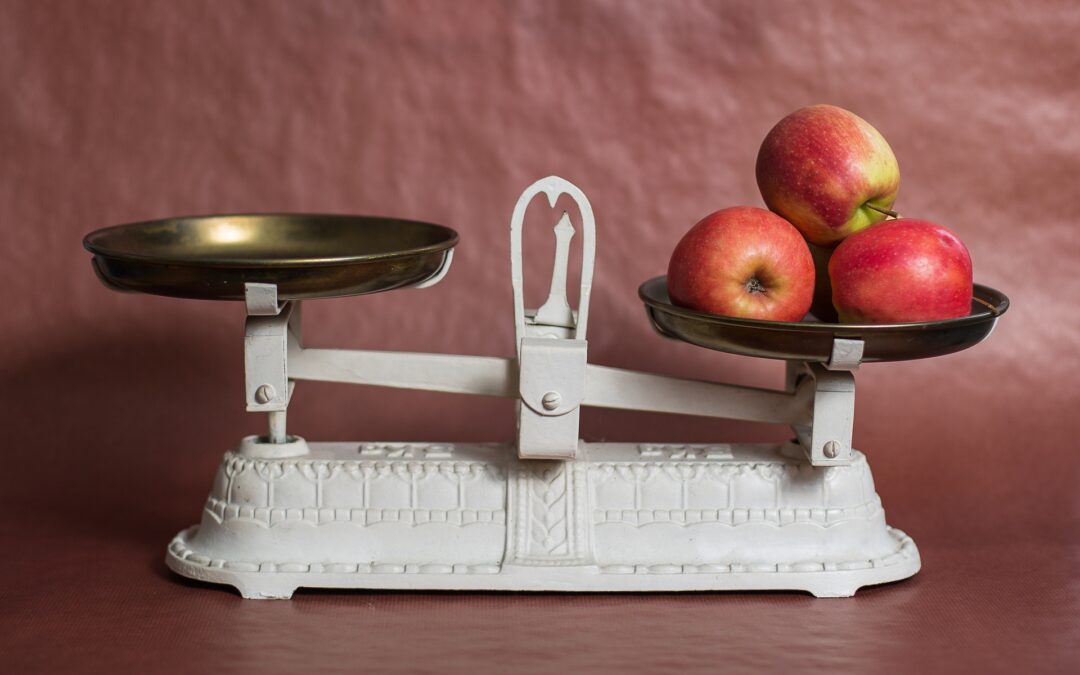Originally, ‘the pill’ was intended to prevent an unwanted pregnancy, but it is prescribed much more widely. For example, for menstrual and menopausal complaints. Looking back on it now, I would have liked to know more about it. Maybe I would still have made the same choice, but at least my choice would have been based on complete information. And now I am happy that I know more about it so that when my daughter is faced with the choice, I can better think along with her about her options. So, I am writing this blog for you, as a teenage girl faced with a choice, or as a parent of a teenage daughter faced with a choice. And let me make it clear that I do not share all my knowledge with you in this blog, but I do share some of it that often remains unexplained.
- Progesterone
This hormone has many functions in our body. It has a so-called precursor function for various other hormones, including cortisol (stress regulation) and aldosterone (fluid regulation). Progesterone is subservient, subordinates its own function to the role it plays for cortisol and aldosterone. In other words; when cortisol and aldosterone call on progesterone, it will listen and come to help. Logical in itself, because fleeing during times of stress and sufficient fluid in the body is more important for survival than reproducing… Reproduction is a luxury. And thus, stress or a fluid deficiency can cause there to be too little progesterone for its own function, including maintaining a pregnancy. - Estrogen
This hormone is responsible for, among other things, the building of your uterine lining and the maturation of eggs. Estrogen also has an important function in bone building. Do you realize that the body’s focus on bone building takes place until approximately the age of 25? We can stimulate this ourselves through, among other things, strength training and a wholesome diet. After the age of 25, the body’s focus is no longer on bone building.
The GP often sees and advises the contraceptive pill as a ‘solution’. And that is also what a general practitioner has to offer; medicines. But such complaints can also be reduced by lifestyle, nutrition (optimal mineral balance), relaxation, exercise, hydration. If you can reduce your complaints so that you do not have to burden your body (and liver) with medications, then that is a pure (and natural) health benefit.
Firstly, if you start taking the pill at a young age, the body’s own bone production is hampered by a lack of estrogen. The synthetic substitute does not have the properties to stimulate bone production. And as time passes, the phase of life in which bone building mainly takes place also passes. Osteoporosis (bone decalcification) only becomes apparent later in life, but you can influence it in your early years to prevent/limit it.
Secondly, if you start taking the pill early, before the hormone orchestra has found its new balance, you postpone the process that leads to finding the new ideal balance. Your body can only pick this up further if you are free of synthetic hormones.
Example: imagine that you started using ‘the pill’ at a very young age and after a number of years you want to become pregnant and so stop taking the pill. It may then take a long time before your body has adjusted the hormone balance in such a way that a pregnancy can occur. If your body has already experienced that balance before starting the pill, it will be ‘found’ again much faster after stopping. Don’t worry, that process will still happen, but it may be useful to offer a little more support so that it can happen a little easier (faster).
Finally, other (more well-known) disadvantages of the pill vary considerably from person to person. Think of weight gain, depression, hair loss and reduced libido (sex drive). These disadvantages can only occur if you have been taking the pill for a long time.
When is it ‘a good time’ to start taking the contraceptive pill?
I really understand that there may be a need for the benefits that ‘the pill’ or alternative hormonal contraceptives offer. And hormonal contraception can also be a suitable solution (regardless of which type you choose). But it would be really nice for your body and your future desire to have children if you only did this when you:
a. have a regular cycle that lasts between 21-35 days, 28 days is the average.
b. you are ovulating (ovulation=ovulation). You can recognize ovulation because your vaginal mucus becomes a little tougher about 14 days before your period and your basal body temperature rises. Some people also feel ovulation as a short-term, mild cramp in the pelvic area.
I’m curious what you think of this blog. In my next blog I will write more about how you can reduce hormonal complaints and thus make your period more bearable.
P.S. Has reading this blog led to more questions for you? I’m happy about that! Because only once all your questions have been answered will you have all the information you need to make your choice. So please feel free to contact me so you can ask your own questions. I will try to answer them for you as best I can and think along with you about contraception that is suitable for you.





